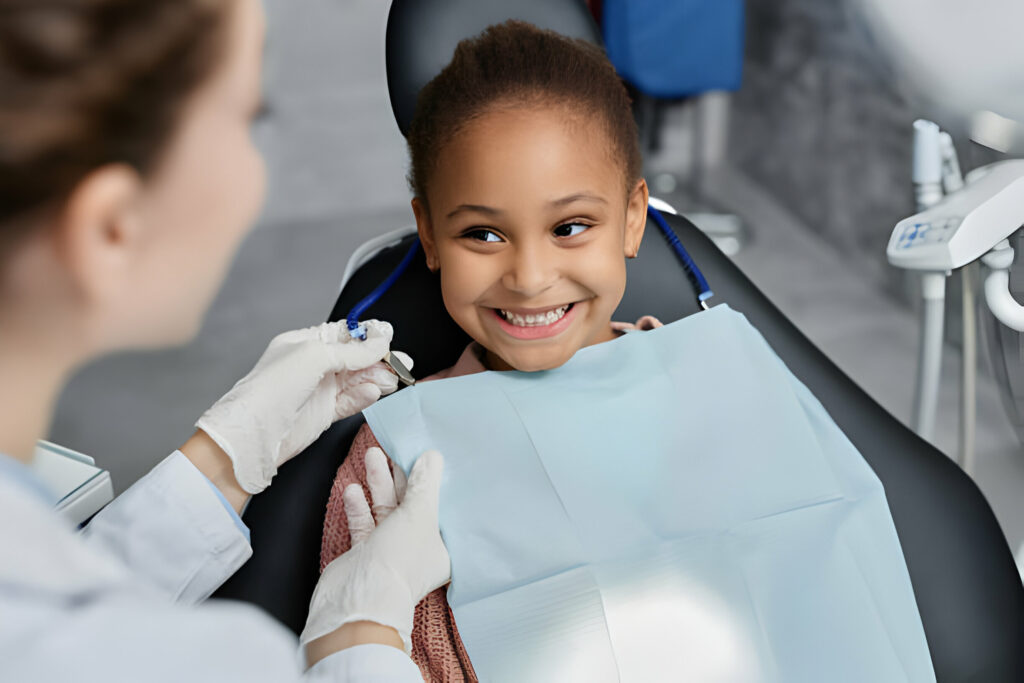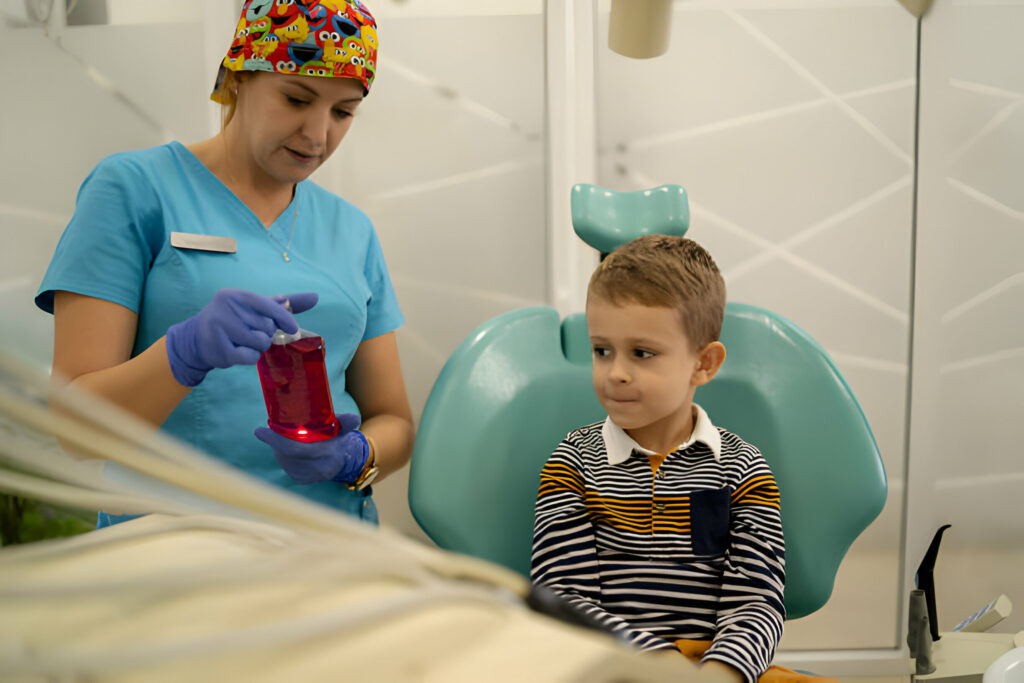
When those first tiny teeth make their debut appearance in your infant’s grin, it’s perfectly natural to find them impossibly cute and perhaps not give them much more thought. After all, they’re destined to fall out in childhood anyway, right?
But baby teeth play pivotal developmental roles that impact everything from your child’s speech clarity to their facial structure and future smile. That makes caring for them a vital job while they’re still around. Here’s a look at why those tiny pearly whites matter so much from day one:
Speaking Clearly
Have you noticed certain letters or sounds tripping up your toddler’s attempts at words? Chances are their baby teeth hold some blame. These teeth serve as important anchors for the tongue and lips to articulate syllables. Gaps or early loss of these placeholders can undermine the proper shaping of words.
Chewing Crucial Foods

From crunching vegetable bits to tearing meat morsels, baby teeth facilitate the bite force needed to mash and grind diverse foods—an essential part of introducing solids and developing digestion. Without them, kids struggle to consume anything beyond purees and soft foods.
Guiding Adult Teeth
Think of baby teeth as adorable little ushers neatly preparing open spaces for their successor’s teeth in an orderly sequence. They hold room for permanent teeth below to eventually descend in proper alignment. If baby teeth are removed too early or lost prematurely, subsequent teeth can erupt askew or with inadequate space.
Supporting Bone Structure
Baby teeth stimulate healthy jawbone development by embedding in the gums and transmitting chewing pressures that signal bone to grow. Early baby tooth loss can deactivate this mechanism prematurely and interrupt bone maturation leaving less anchor support for future teeth.
As you can see, those sweet smiles of first pearly whites play a starring role in everything from speech to nutrition during the first chapters of your child’s life and beyond. VALUE their contributions by instilling solid oral hygiene habits from the start!